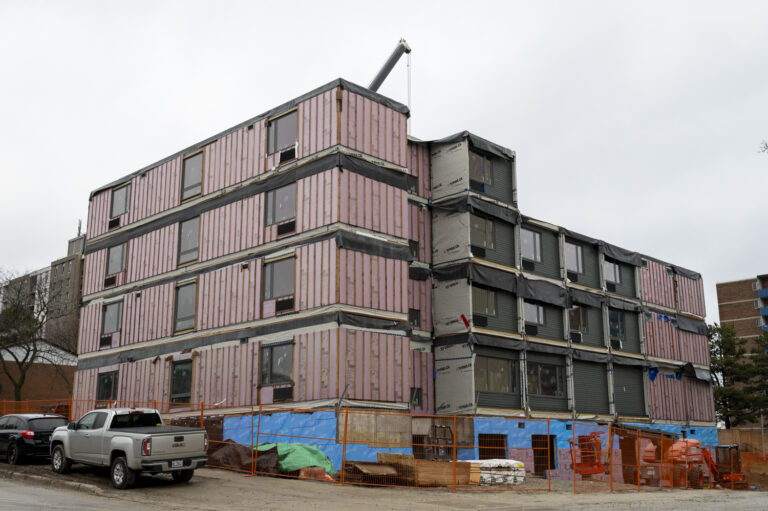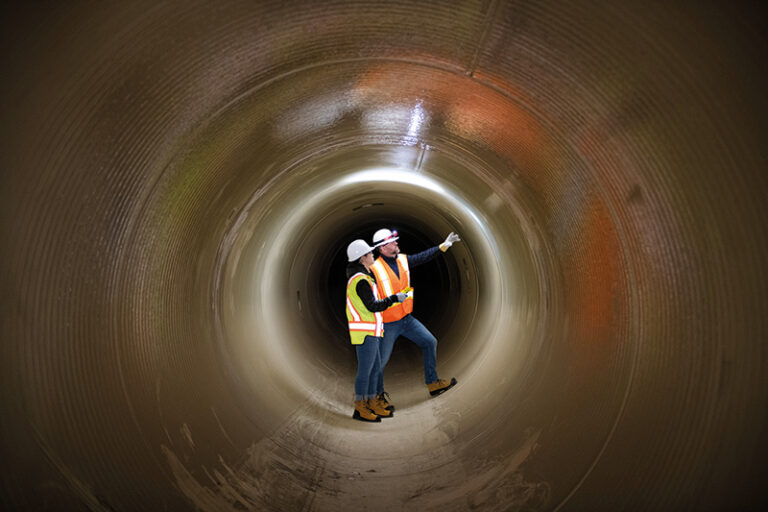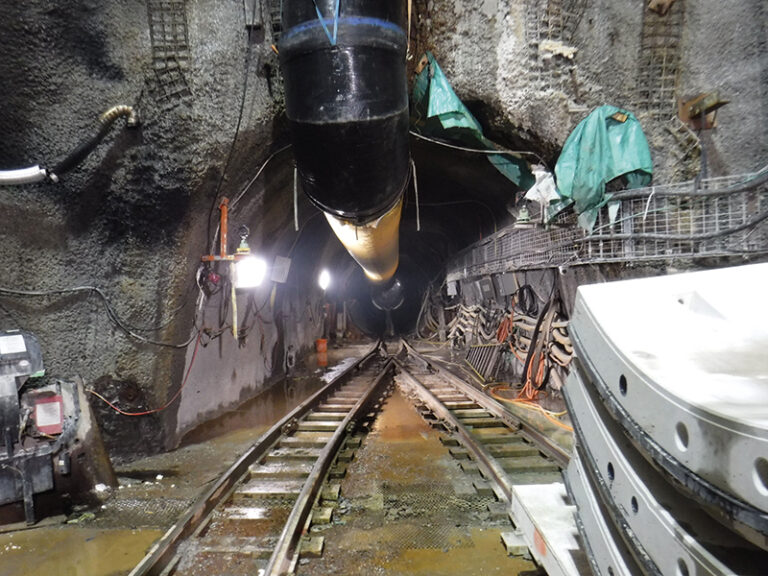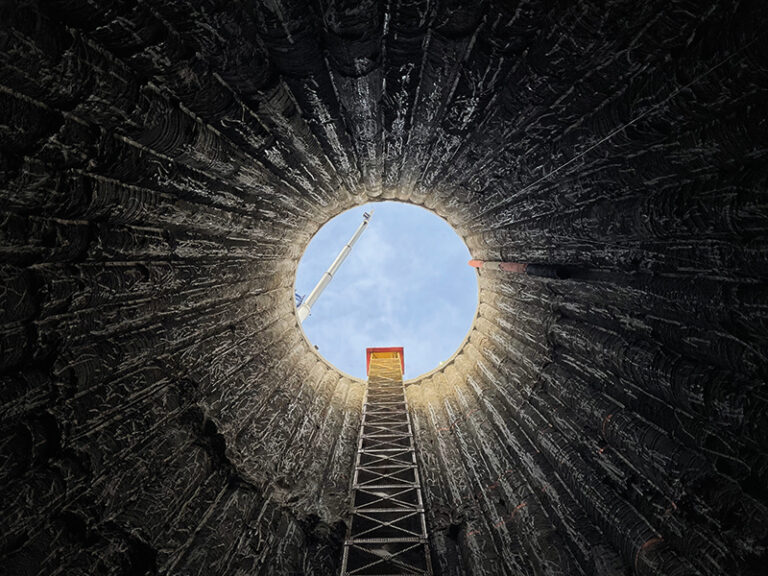By Andy Manahan and Paul Knowles
When a strong political figure like Glen Murray leaves a cabinet portfolio such as the Ministry of the Environment and Climate Change (MOECC), it is possible that the disruption can set back the policy reform agenda.
Murray deserves praise for his commitment to public service in Manitoba and Ontario and for his efforts to implement a climate change action plan. However, there are sometimes important issues that stay on the periphery of a minister’s portfolio—and with Minister Murray and five predecessors over 12 years, one of these is the municipal class environmental assessment (MCEA) process.
MCEA’s apply to the construction, improvement, replacement, operation, maintenance, and repairs to a broad range of municipal works such as bridges, roads, water and wastewater systems, flood control works, and recreational paths. Impact studies, along with public meetings, often take two years or more to complete before construction can commence.
When a member of the public submits an objection in the form of a Part II Order (PIIO), delays follow while the minister must personally decide whether a broader environmental review and a hearing are warranted.
In 2005, an EA Advisory Panel recommended that the Ontario government pursue reform of the EA system. Since then there have been numerous requests for reform, but little progress has been made. Despite written commitments made by the ministry in the 2013-2015 period to exempt low-risk projects from the PIIO request—as was the case prior to 2011—or to consider delegating authority for dealing with the PIIO requests to an MOECC director, no action has been taken.
There is hope, however, that incoming minister Chris Ballard will see this as an issue that deserves attention. Ottawa, for instance, will be providing billions of infrastructure dollars to Ontario. But if local projects do not have the necessary approvals these funds could be delayed significantly (we saw in 2009 that Ontario municipalities had to put forward “shovel ready” projects rather than “shovel worthy” projects because the MCEA processes would have taken too long).
Furthermore, as a result of a recommendations made by Ontario’s Auditor General to modernize EA processes, plus a successful application by RCCAO and MEA, MOECC has agreed that a comprehensive review of the MCEA process will be underway in the coming months with expected completion in December 2018.
Reforming the MCEA process, including changes to the PIIO process, is an opportunity for a new minister to take a bold step forward. As stakeholders, none of us can afford to let this opportunity slip away—we need meaningful reform of the MCEA process in Ontario. Too much is on the line—like building a modern economy and providing the vital services that our communities deserve.
Andy Manahan is the executive director of the Residential and Civil Construction Alliance of Ontario.
Paul Knowles is president of the Municipal Engineers Association.
*This piece originally appeared as a Letter to the Editor in the September/October 2017 edition of ReNew Canada. View the entire issue by becoming a ReNew Canada subscriber.











